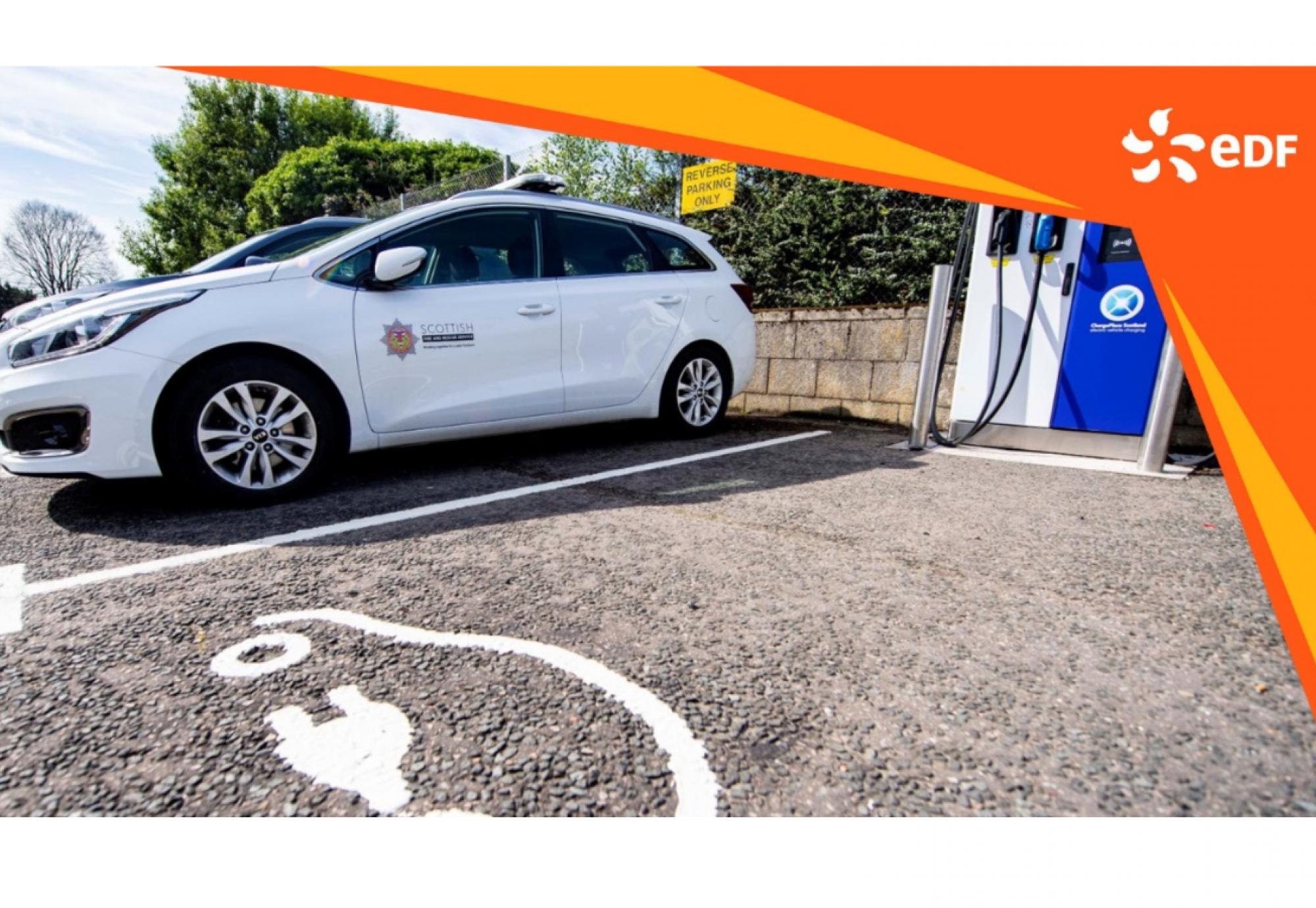As society works its way towards Net Zero, it’s not just governments, businesses and consumers that need to do their part. For the Emergency Services, carbon reduction is a huge challenge because they rely on extensive fleets of specialised vehicles and multiple premises that consume significant amounts of energy.
While managing 356 fire stations across Scotland and attending over 91,000 incidents a year, Scottish Fire and Rescue Service (SFRS) has an unwavering commitment to becoming one of the leading lights in the public sector’s journey to Net Zero.
Working together, we’ve helped to reduce their carbon emissions by more than 14,000 tonnes ahead of 2030. To put that goal into context: it equates to the amount of carbon generated by flying between Glasgow and Sydney more than 7,500 times.
How?
Facing their challenge head on, SFRS chose to tackle their two largest sources of emissions:
- the energy used to power its buildings portfolio
- and large fleet of emergency vehicles.
SFRS already use renewable electricity to power their buildings. But why stop there? By also installing new solar PVs at select sites, SFRS now have the ability to produce some of the energy it needs to keep the people of Scotland safe. The solar PVs we’ve installed so far are set to save £90,000 and 150 tonnes of carbon a year.
We’re also helping transition the extensive SFRS vehicle fleet to new EVs by installing charging stations across its sites. In line with the Scottish government’s target to phase out new petrol and diesel vehicles in the next eleven years, SFRS aims to move 50 per cent of its 755 ‘light’ cars and vans to electric in the next four years, with the whole light fleet electrified by 2030.
To meet this ambitious target, it’s vital to install a quality charging infrastructure now, so that SFRS can seamlessly transition to a fleet that can service the people of Scotland in a sustainable way.
So far, working alongside our partners at Imtech, we’ve worked on 80 SFRS sites across Scotland. We’re now moving on to the next phase upgrade and installation that will help SFRS help thousands of people across the country in an environmentally conscious and sustainable way.
Iain Morris, Acting Director of Finance and Procurement at SFRS, says:
“These important measures to improve energy efficiency across our buildings and fleet reflect our ongoing commitment to reducing our impact on the environment.
“As an organisation, our frontline firefighters respond to the impacts of severe weather events such as wildfires and flooding, therefore we want to ensure we are taking all necessary steps to address the climate emergency.
“We have set out our long-term goals and are working towards reducing carbon emissions by six percent each year until 2030.”


















